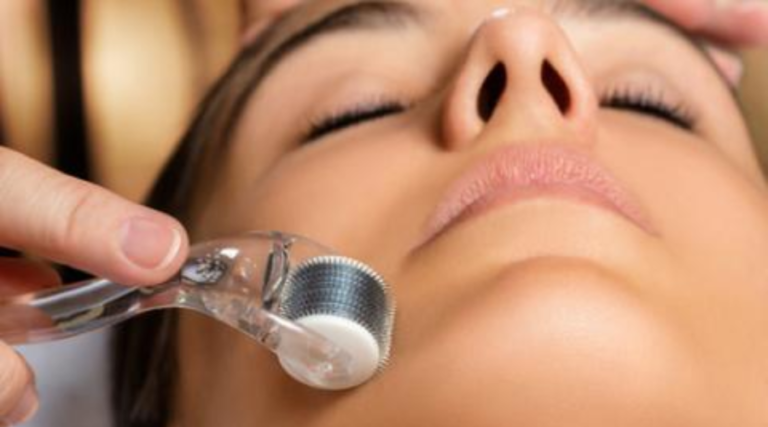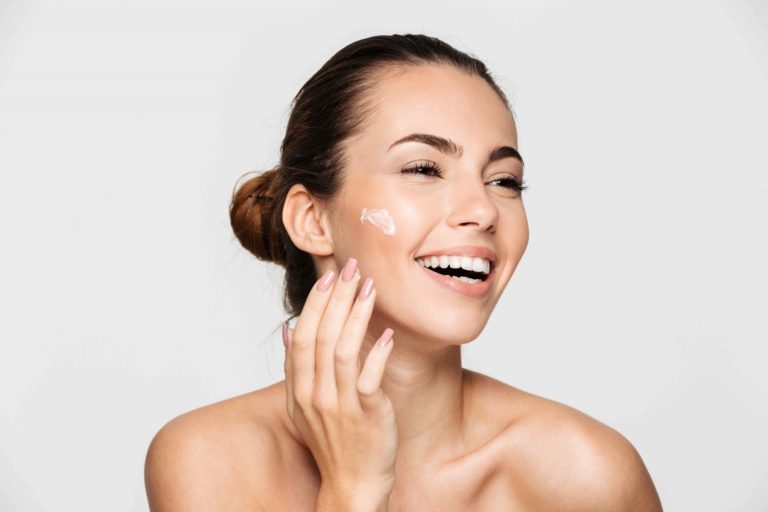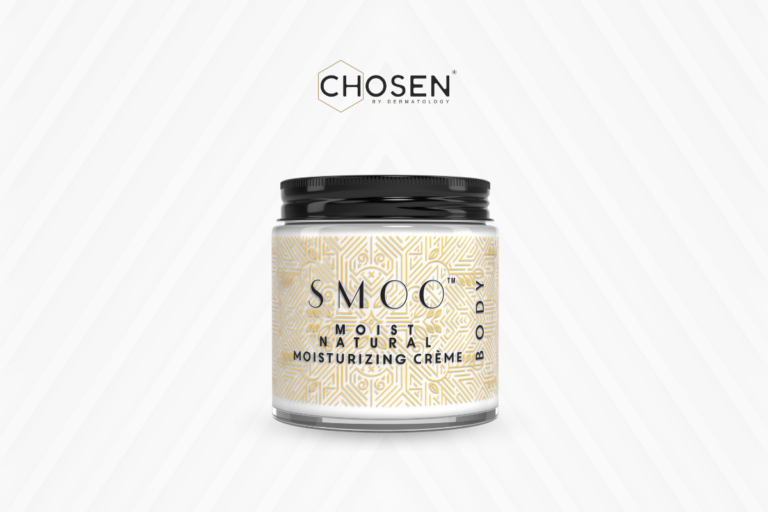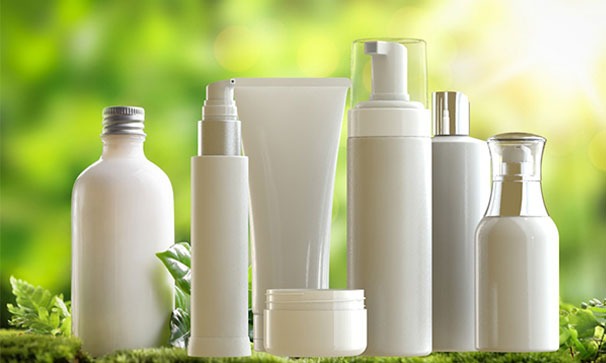Are Essential Skin Care Routines Really Necessary?
What Should Be in Your Essential Skin Care Cabinet
What Should You Use When Essential Skin Care
When it comes to skin care, you can think of it like this: Morning skin care should focus on prevention and protection during the day and nighttime skin care should focus on cleansing and repairing at night.
Generally, most people need to wash their face just once a day. In the morning, rinsing with warm water before applying moisturizer and sunscreen is all that is needed. At night, however, after a full day of exposure and damage, you will need to wash your face with cleansers, exfoliants, and serums to remove the dirt, oils, and dead skin cells. Making sure to moisturize afterward is also important.
After working out or sweating, wash your face immediately, as sweat can clog pores and worsen acne. Remember to take your makeup off before bed and avoid picking at your skin, whatever the time of day.
The weather, what about it?
Seasonal changes can cause adjustments to skin care and perhaps the products you use, but they shouldn’t require a major overhaul of your routine. In winter, it’s all about moisturizing. There is no doubt that the cold weather contributes to dryness (as does heat from radiators) and wind can chap your skin as well. You may want to supplement your daily moisturizer with a moisturizing cleanser. In the summer, your skin may be oilier, so you might want to switch to a non-oily cleanser. Sunscreen is important to have for all seasons, though you can use a lighter type of sunscreen during the summer months – just make sure you keep the heavy-duty stuff for concentrated sun exposure. Additionally, you don’t have to wait for the leaves to fall or the snow to melt to switch up your skin care routine. If your skin changes – due to the environment, hormones, or any other reason – you should adjust your routine accordingly. A dermatologist is an excellent resource if you are having trouble managing your skin care routine. They can suggest drugstore products, prescribe more serious treatments, and provide lifestyle advice to help address other factors affecting your skin.






